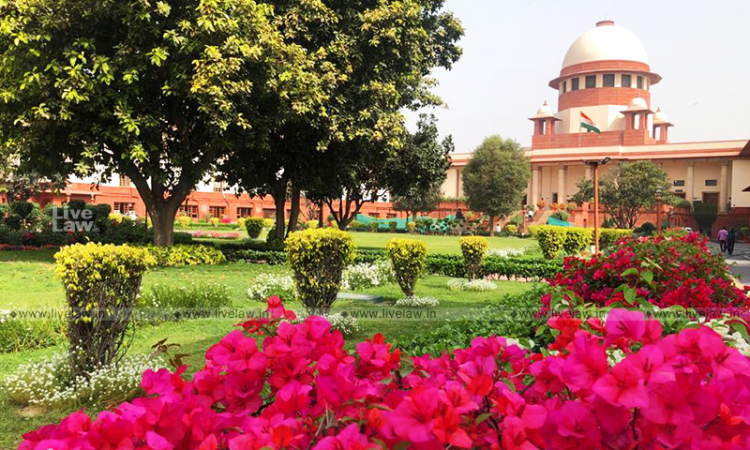Supreme Court Asks Centre To Respond If A Law Is Being Made For Mediation
Srishti Ojha
19 March 2021 7:48 PM IST

Next Story
19 March 2021 7:48 PM IST
The Supreme Court on Friday sought Centre's response as to whether it is considering framing of a legislation to govern mediation.A three judge Bench of CJI Bobde, Justices Bopanna and Justice Ramasubramanian was hearing a a plea by Youth Bar Association of India (YBAI) seeking directions or guidelines to provide for mandatory pre-litigation mediation across the country.During the hearing...
